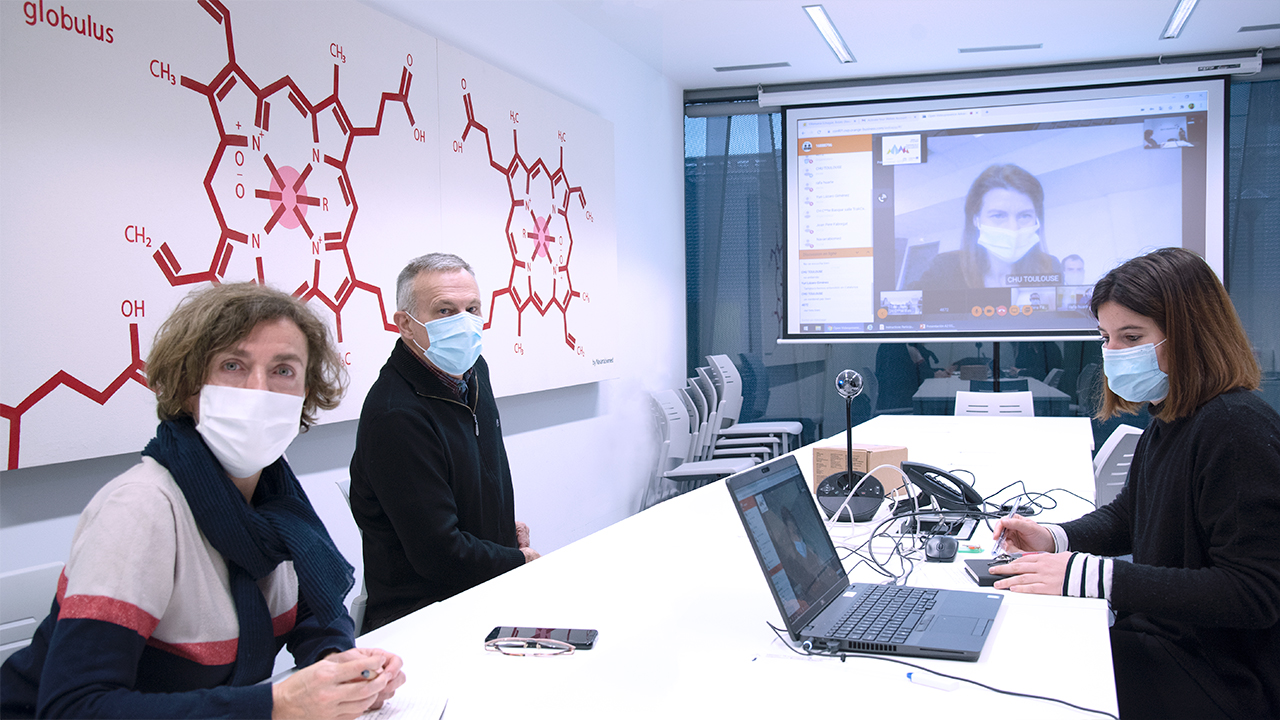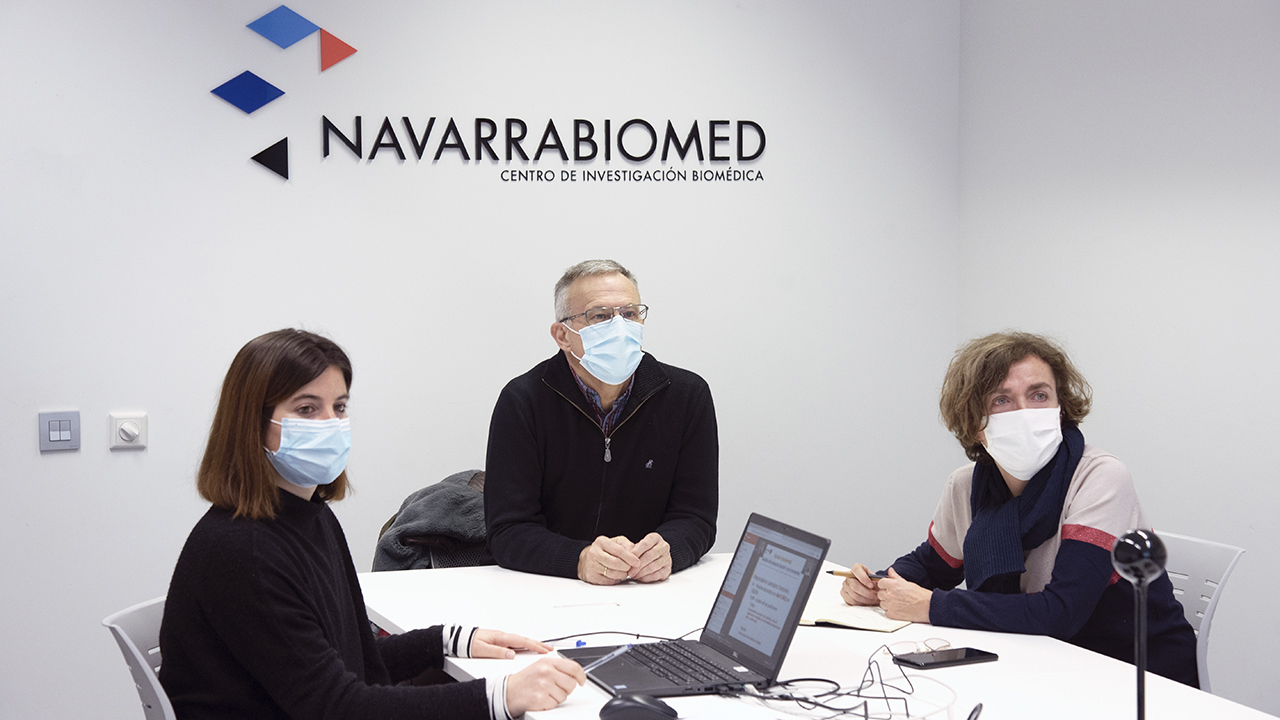The third partnership meeting featured reports on these developments, including the mobile hospital used in the fight against COVID-19
The EGALURG cross-border cooperation network, which promotes improvements in emergency and disaster healthcare on both sides of the Pyrenees, held its third partnership meeting as a videoconference on December 10, 2020. During the meeting, a report was given by each partner on its progress: the University Hospital Center of Toulouse (CHUT), Navarrabiomed, the Hospital Center of the Basque Coast (CHCB) and the Emergency Medical Services of Catalonia (SEM).

The outcomes obtained thus far include the mobile hospital created by the CHUT for use in the fight against COVID-19. The hospital traveled to remote regions of Haute-Garonne to perform massive PCR testing in September and October. It is currently in Bayonne to provide support with emergencies at the CHCB, which has been overwhelmed by the pandemic. The hospital will travel to other partner regions in the coming months.
In January, the mobile hospital will be moved to Navarre to provide support during the coronavirus vaccination campaign to be launched by the Government of Navarre in early 2021. The CHUT will then send the hospital to Catalonia. Infrastructure of this kind is the result of the project’s technological research, development and innovation, which are focused on designing and developing tools that provide an improved response in emergency and disaster situations.
At the same time, the CHCB and Navarrabiomed have been working on creating an interactive map of all the healthcare resources in the regions on both sides of the Pyrenees. These partners are also analyzing the implementation of healthcare services by organizers of major events. The CHCB performed an exhaustive analysis of mass events held in Europe and created a survey, which was sent to the parties responsible for these events. When the responses have been analyzed, a proposal will be drawn up of common procedures and international guidelines.
Cross-border training
One of the project’s goals is to create a master’s degree program to promote specialized training for professionals in emergency and disaster situations. This activity is being coordinated by the SEM. The content of this two-year, hybrid, cross-border, interuniversity master’s program will be targeted not only at healthcare professionals, but also at other agents involved in these events, such as communication and logistics personnel. The program will consist of four modules on the specific kinds of crisis situations students will have to deal with. With the master’s thesis project, the master’s degree program has a total of 65 credits and will be taught starting in the 2021-2022 academic year.
Navarrabiomed reported on its design of an emergency simulation platform that can be used in teaching activities for master’s programs and other training courses at universities in partner regions. Despite the COVID-19 situation, the partner organizations are finding their way through the difficulties caused by the pandemic and putting all their efforts into making progress on the project, though many of the participants have to perform a juggling act to combine this activity with their healthcare responsibilities at emergency services seriously affected by coronavirus. However, the partners are optimistic and plan to meet in person at the next partnership meeting, to be held in Barcelona in June 2021, coronavirus permitting.

The total EGALURG budget comes to €2,343,192, of which €1,523,075 (65%) was co-funded by the European Regional Development Fund (ERDF) through Interreg Program V-A Spain-France-Andorra (POCTEFA 2014-2020). The goal of the POCTEFA program is to strengthen the economic and social integration of the Spain-France-Andorra cross-border area. Its help is focused on developing cross-border economic, social and environmental projects through joint strategies in favor of sustainable regional development.
